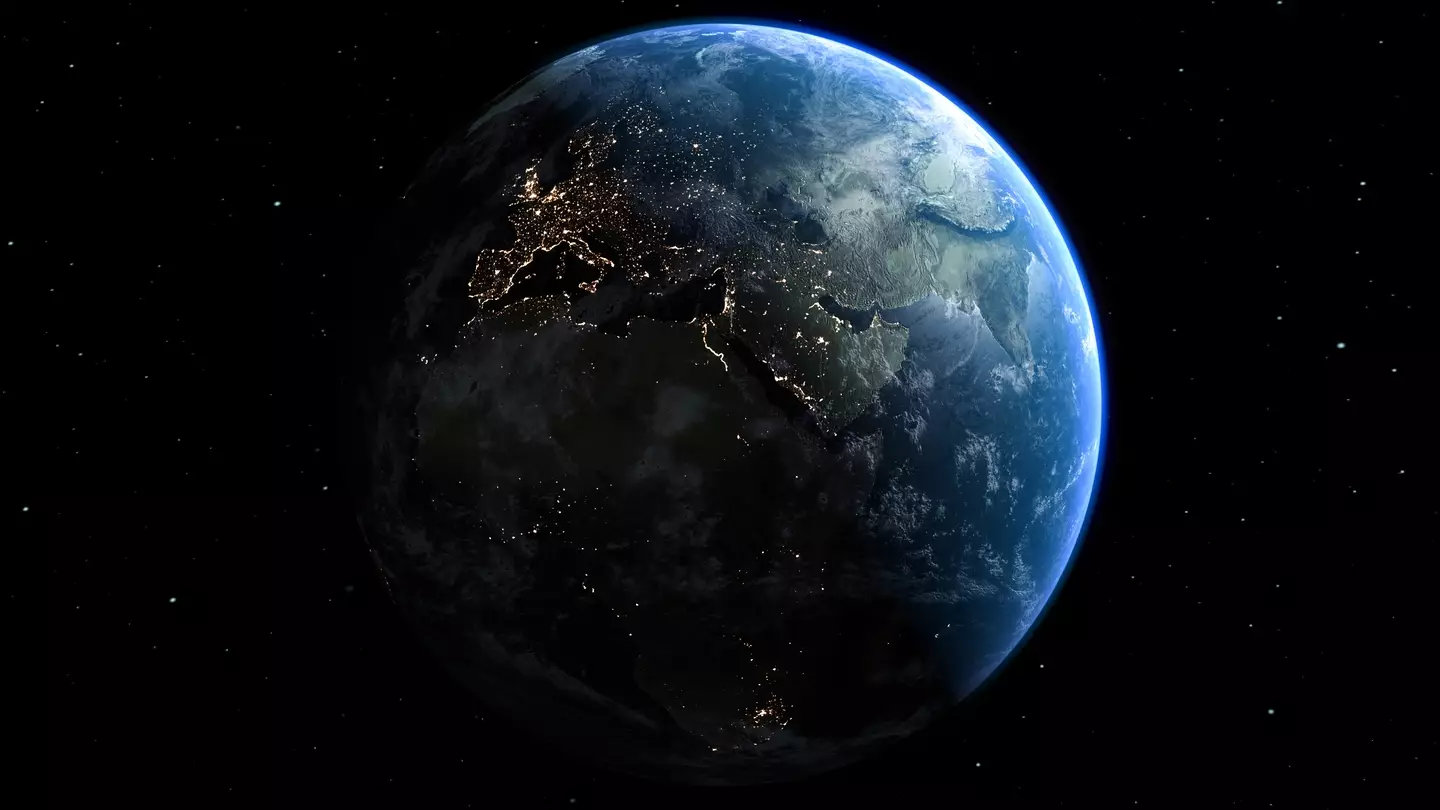NASA has spoken out about the potential demise of the Earth after the late Stephen Hawking shared a chilling predicted in 2016.
Prior to his death in 2018, the renowned scientist shared his thoughts about how the world could end due to human-caused activities.
Hawking said the human-caused problems contributing to damaging the earth were nuclear war, global warming, and genetically-engineered viruses.
Now, in 2024, global warming is at the top of the agenda from many climate change activists. From Extinction Rebellion to Greta Thunberg, there are many trying to highlight the danger the planet is and could be in without proper sustainable cautions put in place.
.jpg)
Bruno Vincent/Getty Images
And worryingly, Hawking's prediction for when the world could end isn't too far away, as he suggested it could take place by 2600.
Hawking also said that the advancement of technology would create 'new ways things can go wrong', according to the BBC.
And now, NASA has spoken out about the potential demise of the earth, citing Stephen Hawking’s prediction.
In a statement, NASA said they did not confirm the year 2600 doomsday prediction, with a spokesperson telling Newsweek: "NASA has not made this claim."
However, the space administration has expressed concerns over some global threats.
They continued: “For more than 50 years, NASA has studied our home planet, providing information to directly benefit humanity and producing observations that can only be gathered in space that address some of the areas that Hawking mentioned.
"The effects of human-caused global warming are happening now, are irreversible for people alive today, and will worsen as long as humans add greenhouse gasses to the atmosphere."

NASA/Getty Stock Photo
The warnings from both Hawking and NASA are hard to ignore, though Hawking did previously offer up a glimmer of hope.
He said: "We are not going to stop making progress or reverse it, so we have to recognise the dangers and control them. I'm an optimist, and I believe we can."
Also taking an optimistic note about the power humanity has to shift this, NASA has said: “The severity of effects caused by climate change will depend on the path of future human activities."
On its website, it adds that 'if we can reduce emissions, we may avoid some of the worst effects'.

















 English (US) ·
English (US) ·